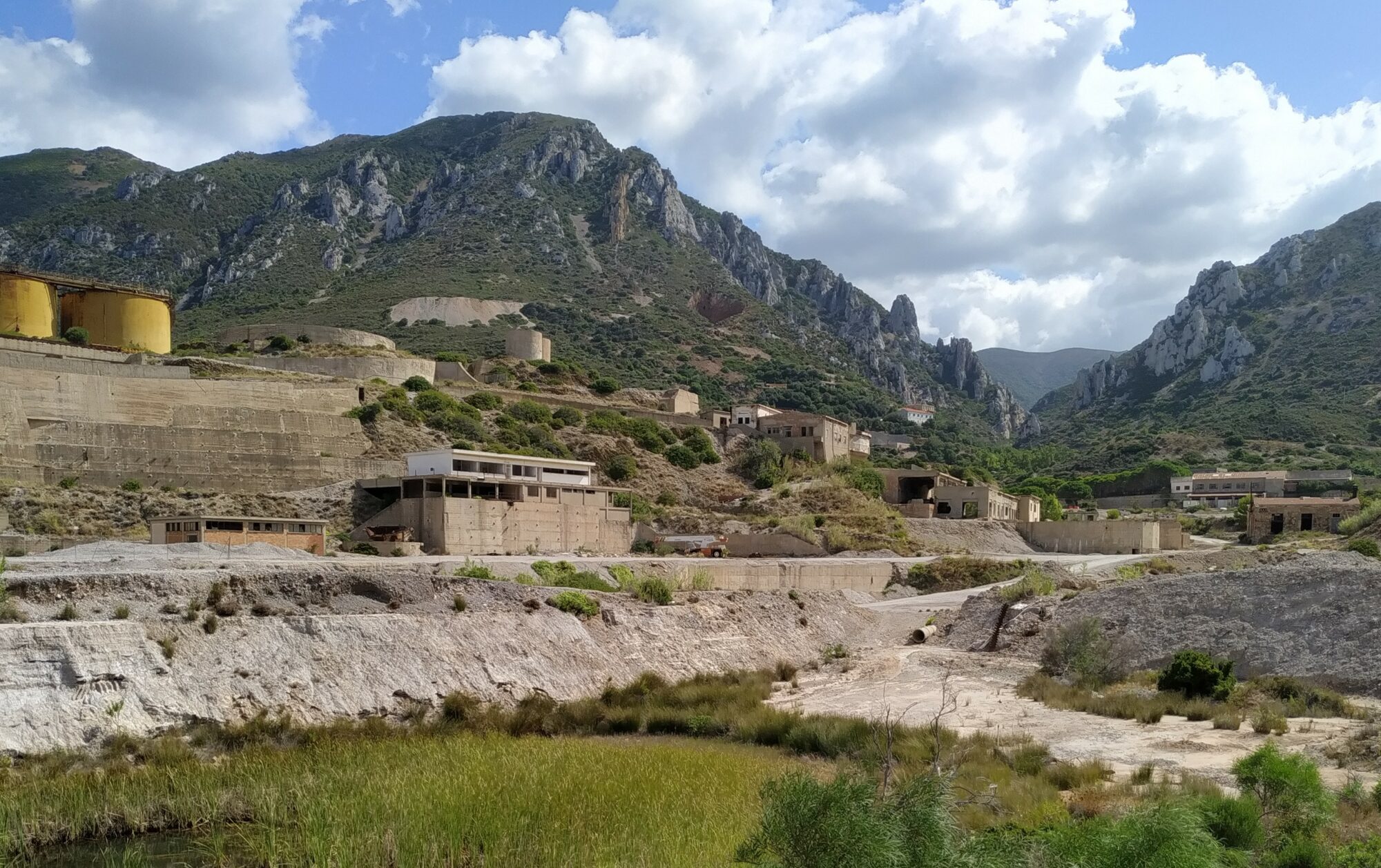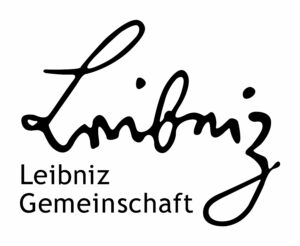Each semester, a lecture series will focus on one of the main topics of the ScienceCampus. In the winter semester 2021/22, Prof. Dr Michael Roos and Prof. Dr Thomas Stöllner are organising a series on “Systemic Dynamics”.
The Topic
The themes of the series are world appropriation, the construction and dismantling of social structures and social cycles. The overarching thesis is that social decline or even collapse can have its cause in factors that previously led to the rise/success of the system. The aim of the lecture series is to initiate a discussion between different perspectives and disciplines based on the 30-minute lectures.
The Program
December 17, 1-4 pm:
- Michael Roos (Ruhr-Universität Bochum): Complexity in social systems as a result of self-organization and designed structure.
- Andreas Angourakis (Ruhr-Universität Bochum): On the stability, diversity, and complexity of social and ecological systems: a theoretical tale of feedbacks
January 25, 3-6 pm:
- Kay Junge and Kirill Postoutenko (Universität Bielefeld): Self-Destruction of Complex Systems: Communicative Aspects
- Edmund Chattoe-Brown (Universität Leicester): Give Me A Place To Stand: Agent-Based Modelling as a Vision for Social Science
February 15, 3-6 pm:
- Dries Daems (Middle East Technical University (Ankara) / Universität Leuven): Long-term trajectories of social complexity: Feedback loops, sunk-costs and material prerequisites in social systems
- Michiru Nagatsu (Universität Helsinki): Behavioral economics for sustainability? A reflexive critique
Abstracts and Talks
On the stability, diversity and complexity of social and ecological systems
Andreas Angourakis
Ruhr-Universität Bochum
To explore the seminar premise that the causes of failure of social institutions are the same responsible for its earlier rise and success, the author lays down a sequence of simplified definitions, deeply rooted in the study of dynamical systems. The definitions given are grouped into three families (‘systems’, ‘stability’, and ‘selectionism’) and are kept relatively simple and abstract, posed as independent of whether we consider physical, ecological or social systems. This conceptual journey is aimed at progressively introducing the terms of a working narrative, which emphasizes the importance of negative feedbacks associated with limited resources and how adaptation at a larger scale could be related to rises and falls at a smaller scale. Last, a few caveats and challenges are raised,
Dr Angourakis is a computational archaeologist with a strong background in Humanities and Social Sciences, specializing in simulating socioenvironmental systems in the past. His main concern is to tackle meaningful theoretical questions about human behavior and social institutions and their role in the biosphere, as documented by history and archaeology. His research focuses specifically on how social behavior reflects long-term historical processes, especially those concerning food systems in past small-scale societies. Among the aspects investigated are competition for land use between sedentary farmers and mobile herders, cooperation for food storage, origins of agriculture and domestication of plants, the sustainability of subsistence strategies, and resilience to climate change.
Complexity in social systems as a result of self-organization and designed structure
Michael Roos
Ruhr-Universität Bochum
Redundancy, Noisy Signalling, and Semantic inflation: Studying the Patterns of Self-Destruction in Complex Systems
Kirill Postoutenko and Kay Junge
Across the natural and social world, some fairly advanced and apparently robust systems destroy themselves without discernible reason, function, or purpose. Whereas such and similar cases have been discussed within specific branches of scholarships, the attempts to propose and test a general theory ofself-destruction in complex systems remain, to our knowledge, a thing of the future. To move in this direction, we suggest that the conflicts between explicit stratification, thorough functional differentiation and tacit segmentation within complex systems, are likely to provoke their unintended self-annihilation. Furthermore, we hypothesize that whenever such systems collapse, it is the circular co-dependency of noisy signaling, redundancy, and semantic inflation that sets self-destructive mechanisms in motion. We illustrate our preliminary findings with examples from social, natural, and artificial life; reexamine autoimmunity as a popular model of systemic self-destruction; and indicate potential avenues of empirical research aimed at supporting, qualifying or disproving the underlying hypothesis.
Kirill Postoutenko is Senior Researcher in the Special Research Area 1288 (Practices of Comparison) at Bielefeld University, and Adjunct Associate Professor of Russian Culture at Helsinki University. He has held research and teaching appointments at the Universities of Munich and Constance (Germany), Columbia University and University of Southern California (USA), IEA and ENS/Rue d’Ulm (France), Queen Mary, University of London (UK), University of the Basque Country (Spain), University of Helsinki (Finland) and Aarhus Institute for Advanced Studies (Denmark). He is the author and editor of seven books and eighty articles devoted to the history of media and communication, literary history, and social history of identity.
Give Me A Place To Stand: Agent-Based Modelling as a Vision for Social Science
Edmund Chattoe-Brown
University of Leicester
Apart from their subject matter and theories, scientific fields or disciplines can be differentiated by the research methods they approve and disapprove (or in some cases are able to apply). These methods also shape what “counts” as theorising in important ways. This talk presents (through examples) a technique known as Agent-Based Modelling (potentially distinct from both “narrative accounts” and accounts based on numbers) and tries to show how it offers a distinctive “vision” for a social science that is both integrated theoretically and empirically. Key aspects of this vision are the importance of “social process”, the nature of social systems as “complex” and “emergent” and the crucial role of developing appropriate methodology to generating warranted knowledge about the social world.
My education and research career have been profoundly interdisciplinary, including Politics, Philosophy, Economics, Artificial Intelligence, Sociology, Anthropology, Medicine, Law and others. As such, I have become particularly interested in two thing. The first is the use of diverse research methods as systematic ways of achieving certain kinds of warranted knowledge. I particularly favour Agent-Based Modelling as a method which can avoid disciplinary and technical preconceptions that may weaken science. So a large part of my research has been to make Agent-Based Modelling more rigorously “usable” (and particularly more empirical) for social science in general. The second interest (arising from the first) is how the “world views” of particular disciplines shape their research in ways that may seem “self-evident” or “necessary” (but from the perspective of other fields are anything but). Rather than simply “vote” for one side or the other, I have tried to deconstruct or synthesise these views to see what scientific value can be achieved when the avoidable preconceptions are set aside. In pursuit of these objectives I have researched farmers, pensioners, international arbitrators, doctors and pharmacists and published in 17 different journals across the social sciences (as well as authoring numerous book chapters).
https://www2.le.ac.uk/departments/sociology/people/echattoebrown
Long-term trajectories of social complexity: Feedback loops, sunk-costs and material prerequisites in social systems
Dries Daems
Middle East Technical University (METU), Ankara
In this talk, I will discuss pathways of development in social complexity trajectories through three core concepts: 1) feedback loops in system dynamics; 2) sunk-costs in investment of energy, resources and capital; and 3) material prerequisites for the information-processing capacities of a social system. The role and impact of each of these three will be discussed as a driver of social complexity, both regarding its formation and disintegration, corresponding to phases of increasing and decreasing complexity. I will show how long-term perspectives on past social systems are essential if we are to understand repercussions for present and future system dynamics.
Dries Daems is Assistant Professor at the Graduate School of Social Sciences in the M.Sc. program of Settlement Archaeology at Middle East Technical University (METU) in Ankara. He is also coordinator of the M.Sc. program of Digital Archaeology at METU. His research interests include the study of social complexity and urbanism through computational modelling, the study of material culture, technology and economic organization through pottery analysis, and human-environment interactions in socio-ecological systems. He specializes in Iron Age to Hellenistic Anatolia and the Eastern Mediterranean.
Behavioral economics for sustainability? A reflexive critique
Michiru Nagatsu
University of Helsinki
In this talk, I critically examine some of the uses of behavioral economics for promoting sustainability. There are a variety of ways in which so-called behavioral insights are deployed to produce policy recommendations, from technical to radical. However, policy proposals are heavily under-determined by behavioral insights, which means that something else is responsible for particular policy recommendations. Against this tendency, I argues that a fundamental insight from (behavioral) economics, namely the co-evolution and co-construction of social systems and human agency, requires reflexive and systemic theorizing of sustainability goals. Debates on the empirical effectiveness and ethical-political legitimacy of particular behavioral environmental policy without such discussions are bound to be ineffective.


